Do you have enough traffic on your e-commerce store?
Are you struggling to make a mark in the e-commerce crowd?
Are you failing to engage your visitors in your e-commerce store?
Do you know starting an online business is relatively easy today than reaching the target audience?
It’s because a newly launched e-commerce platform needs extensive promotion, in the beginning, to get noticed in the market. Needless to say, a well-planned promotional strategy is required not only to bring your store the desired visibility but to strengthen your unique brand positioning in the initial days itself. The best way to learn is from the success stories of popular e-commerce stores.
So on behalf of you, we conducted the necessary research required and have shared in this blog, the top 10 hacks for promoting your e-commerce store successfully in 2021.
1. Build An SEO Strategy
To promote your online e-commerce store, SEO can play a vital role. SEO stands for search engine optimization and, as its name states, it helps to optimize websites for better traffic growth and webpages for better search engine rankings. For those starting out or seeking improvements, website development services can ensure your site is well-optimized from the ground up.
The prime rule of SEO is you need to do it right otherwise it may not prove to be effective for your promotional activities. In SEO a lot of factors need the right attention such as on and off-page SEO optimization for better ranking, image optimization again for better ranking on the webpage as well as the below factors:
- Finding keywords that match your niche. You need to either conduct research or take the assistance of an SEO expert who can help you find the keywords your customers are using to search for brands like yours. When this is implemented, you need to use those keywords in your content either on your website, blogs, and more. Ensure that the keywords placed are natural and don’t force a word in the statements.
- Work on your metadata, meta descriptions, and title tags. These three factors play a role in your SEO strategy as it defines your brand to your customers. Metadata is information about your website or any other information that helps customers understand what they are to expect when clicking on your website. Meta descriptions are brief information. For example, when you search for a blog on a search engine, you see the links, and below is some information that helps you understand the blog. Title tags are your topic that will make the user click on your website or blog. In all this information, use SEO so that it appears in front of customers when they search for businesses like you. If managing these feels overwhelming, you can connect with expert ecommerce SEO services to handle the process and lighten your workload.
2. Focus On Blogging
A study by Hubspot stated, ‘’Bloggers who utilize blogging for marketing purposes see 13 times the ROI of businesses that don’t.’’ Blogging is becoming one of the most essential practices to capture target audiences. So, when choosing an eCommerce platform, make sure it seamlessly integrates with your blog to enhance the user experience, drive more conversions, and maximize your brand’s reach and impact in the digital marketplace. When writing blog posts, make sure to add visuals, including images, videos, and infographics, as well as a Venn diagram, charts, and graphs to explain complex information. With frequent blogging, you can help your audience understand your problem-solving capabilities, the benefits of your products, and your USPs.This drives your audience to learn more about you and explore your brand further.
3. Drive Attention With Discounts
Discounts, coupons, and freebies are an excellent way to gain the attention of users. Picture frame materials, a business that uses discounts to attract customers, demonstrates how effective this strategy can be. These entice users to make a purchase and leaves a strong impression in their memory. Also, the revisiting probability of discount buyers is always high.
4. Sign Up With Social Media
If your brand isn’t on social media, you will miss out on your audience. Usage of proper hashtags, joining communities, and groups, commenting on discussions, creating a business page brings social proof, brand authenticity, and eventually more traffic to your store. A social media scheduler tool can help you plan and automate your posts to ensure consistent engagement.
Did you also know that social media pages such as Facebook ads or Instagram ads also play a role in promoting businesses online? For example, Instagram lets you promote your business to a wider audience with their business profile section. Similarly, a GMB posts scheduling tool like GMB Briefcase can help you schedule GMB posts in advance, automating content delivery on your GBP and keeping your profile consistently active without the need for daily manual posting. Once you make the switch in your settings, Instagram ads give you the option to promote your posts where you pay for the time period you want your posts to be advertised.
You can also receive detailed analytics from the post such as views, impressions, clicks, and more. This will help you understand how well your brand on social media is doing.
5. Find The Right Influencers
Influencers can do wonders. Small brands are increasing their sales and visibility by leaps and bounds with influencer marketing. To begin with, you need to join social media and find the right influencer who you think has a strong fan following and influencer persona that connects with your brand.
For example, if you offer vegan skincare products, you need to collaborate with a beauty blogger or an environmentalist who advocates against animal cruelty to promote your products. Similarly, if you sell organically derived cutleries, maybe you would like to reach out to renowned food bloggers to tag and promote eco-friendly products in their social posts.
Since such influencers already have a strong following and defined audience, you are most likely to convert their followers into your customers.
6. Make Use Of Video Content
Good videos and right messaging never fades away from the audience’s memory.
As per studies, ‘’74% of marketers say video has a better return on investment than static imagery.’’ Videos are a convenient form of marketing. They are excellent to use when promoting your e-commerce store because with the visuals, short content, and relevant message, they become information that is quicker to read and harder to forget.
7. Emphasize On Selling Product Benefits
Selling is easy when the value proposition of the product or service is well understood by the audience and caters to their needs. So, your promotional activities should focus more on the uniqueness of your store, problem-solving capabilities of your store’s products, and an assured promise of customer loyalty. Use explainer videos, customer testimonials, reviews and prominently promote these on your high-intent pages and social media. To strengthen your brand recognition and align your business growth clarity canvas can provide a clear and effective roadmap. For businesses targeting other businesses, B2B marketplace development can further amplify this strategy by creating a centralized platform that streamlines transactions and showcases product value directly to decision-makers.
8. Make Use Of Social Proof
Sharing the user experience of your existing buyers and prominently adding reviews to your website and social media adds a lot of authenticities and brings a sense of trust among potential customers. To embed Google reviews on website, consider a lightweight tool that helps you in the process without any coding. Using Social Proof Shopify Apps to showcase buyer experiences adds authenticity and builds trust. This transparency encourages informed decisions, boosting conversions and fostering loyalty.
9. Engage In Focus Group Discussions
Focus group discussions are a community where you have open discussions or debates or conversations related to a topic. The people in the group would have similar backgrounds like you which makes the discussion more informative and drive from experience. You can either join the focus group discussion, for example, say that you are a writer. If you check on social media platforms, you will find groups such as content writing associations or content writer groups, once you join them you will be able to express or listen to opinions related to your field.
Focus group discussions can also be created in case you want to engage with certain individuals from your niche. All you need to do is, prepare the group, choose the topic to discuss, prepare questions and then get the participants to join and indulge in the discussion for the same. These groups educate you better about your niche, provide insightful details on how you can engage better with your customers and give you the data needed to align your business on the right route.
10. Use Analytics To Frame Email Campaigns
Analytics provides detailed information on your business performance. It gives you insights on the number of clicks received on your website, the traffic rate, impressions, leads generated, which email campaigns are working for you and which to eliminate and so much more.
Having detailed reports whether it is weekly, monthly, or yearly helps your brand to perform better and step up in the competitive market. With these crucial data, you know exactly what is required to cater to your audience, what makes your audience fade away from you, what you can improvise, and more.
There are multiple tools available in the market that can help conduct analytics for your business, the popular one being Google analytics. These tools provide multiple information such as sales revenue, gross margin, and more.
Wrapping Up
Starting an online store becomes easy when you have the right marketing tactics to follow. With these tips, you can embark on a journey with better lead generation, healthy traffic, and huge brand awareness.
Follow this space to read more such blogs.
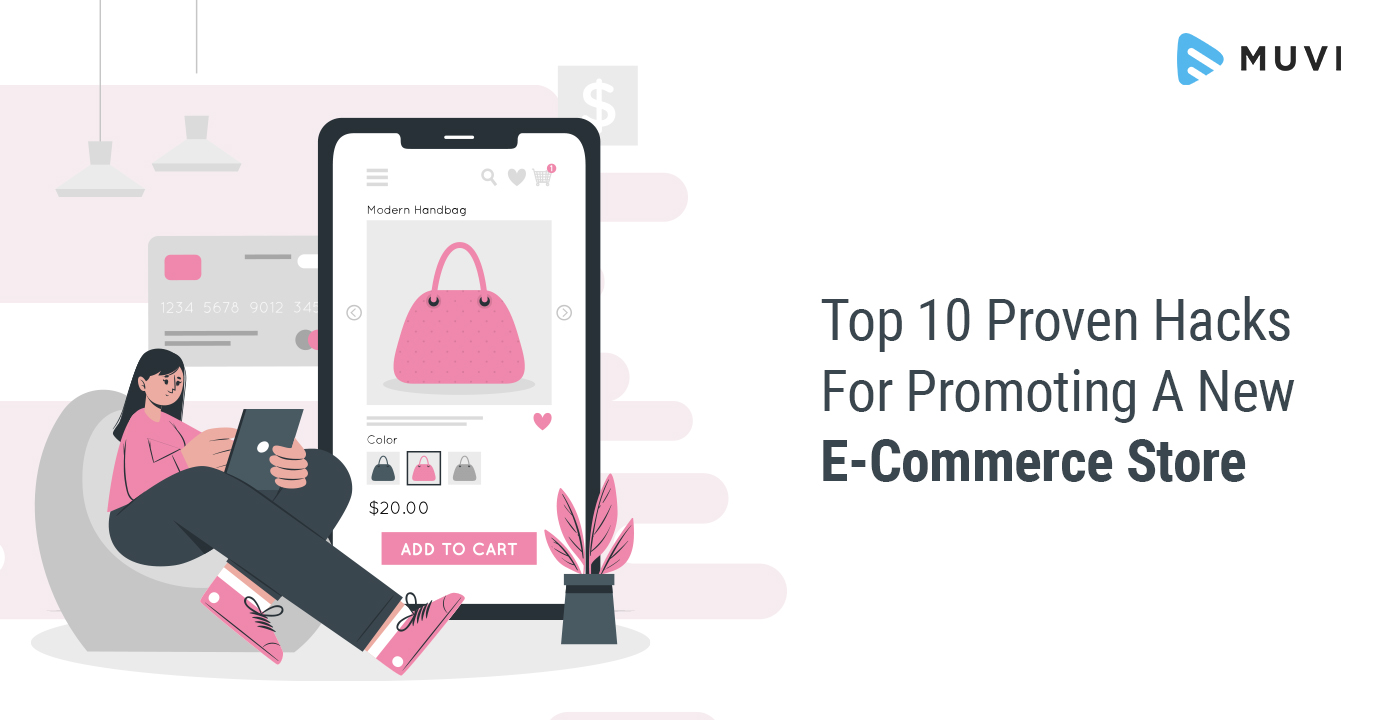


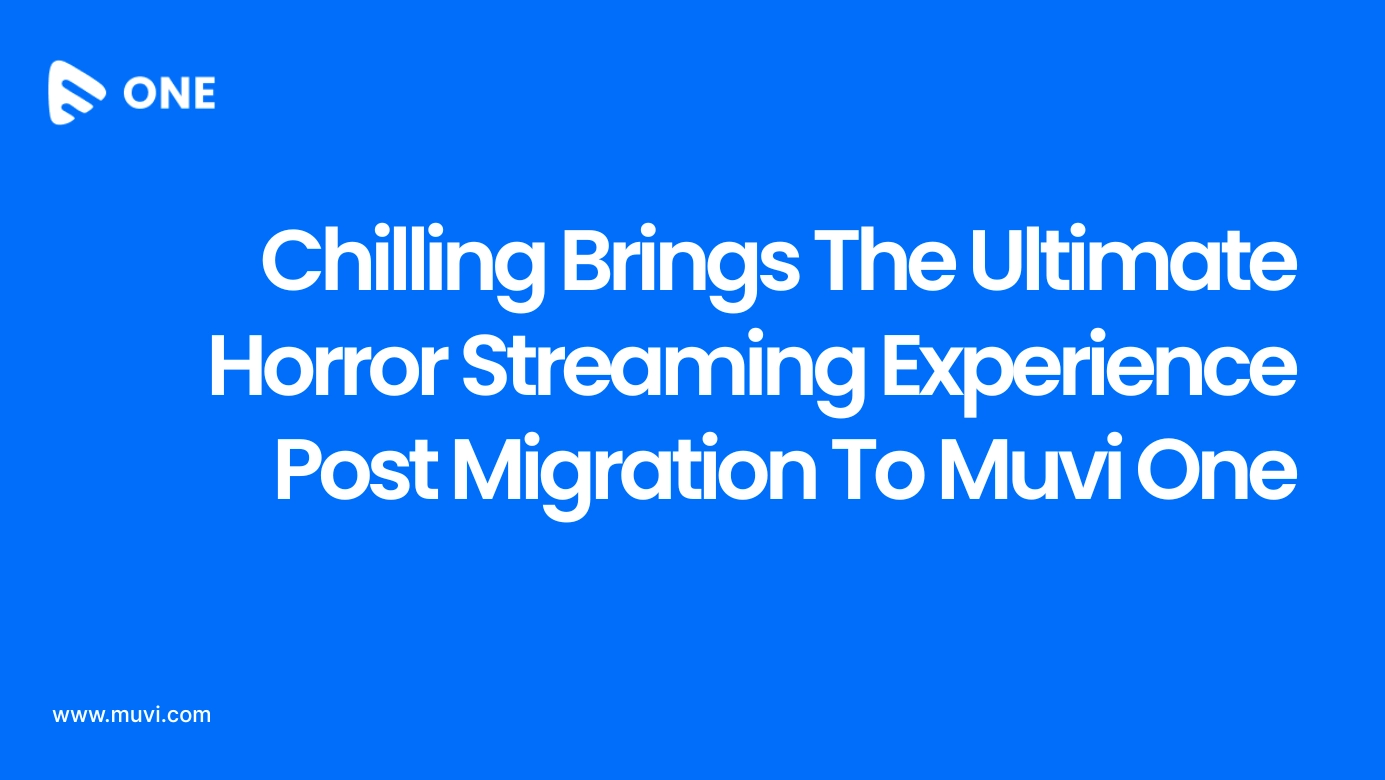
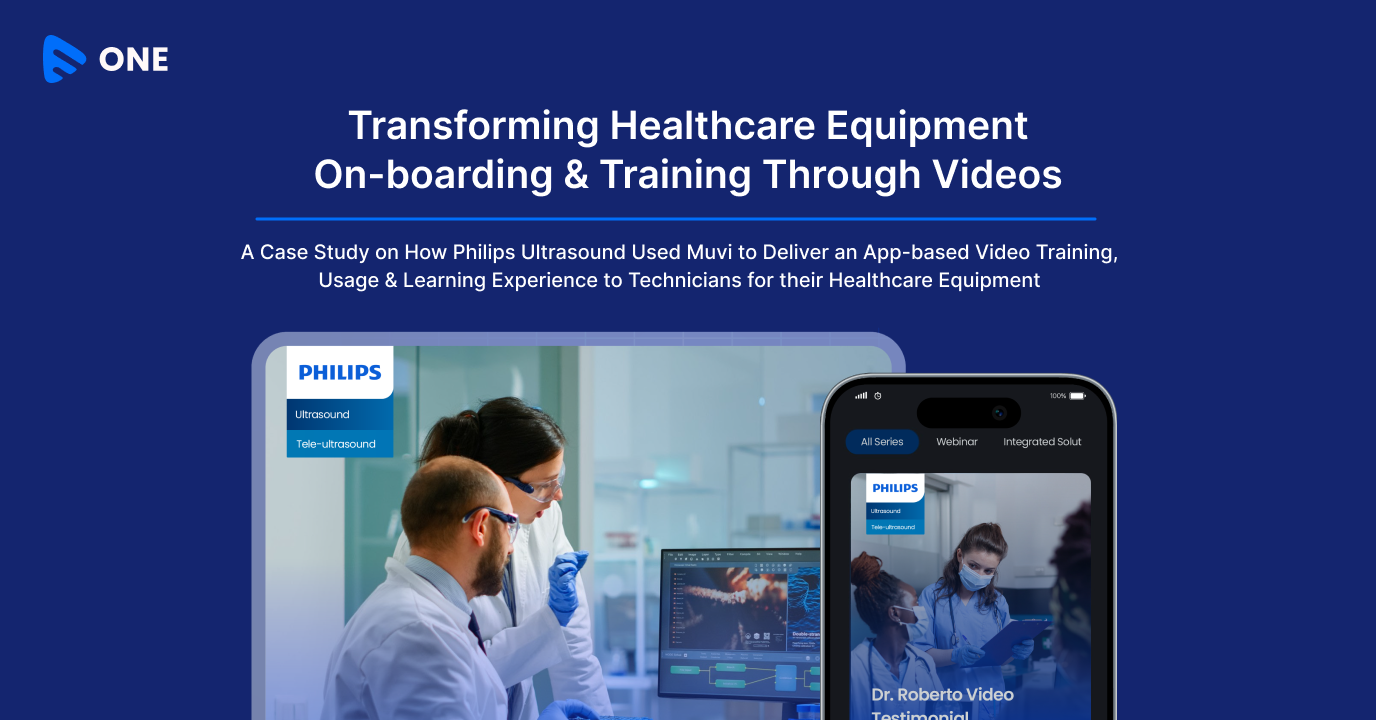




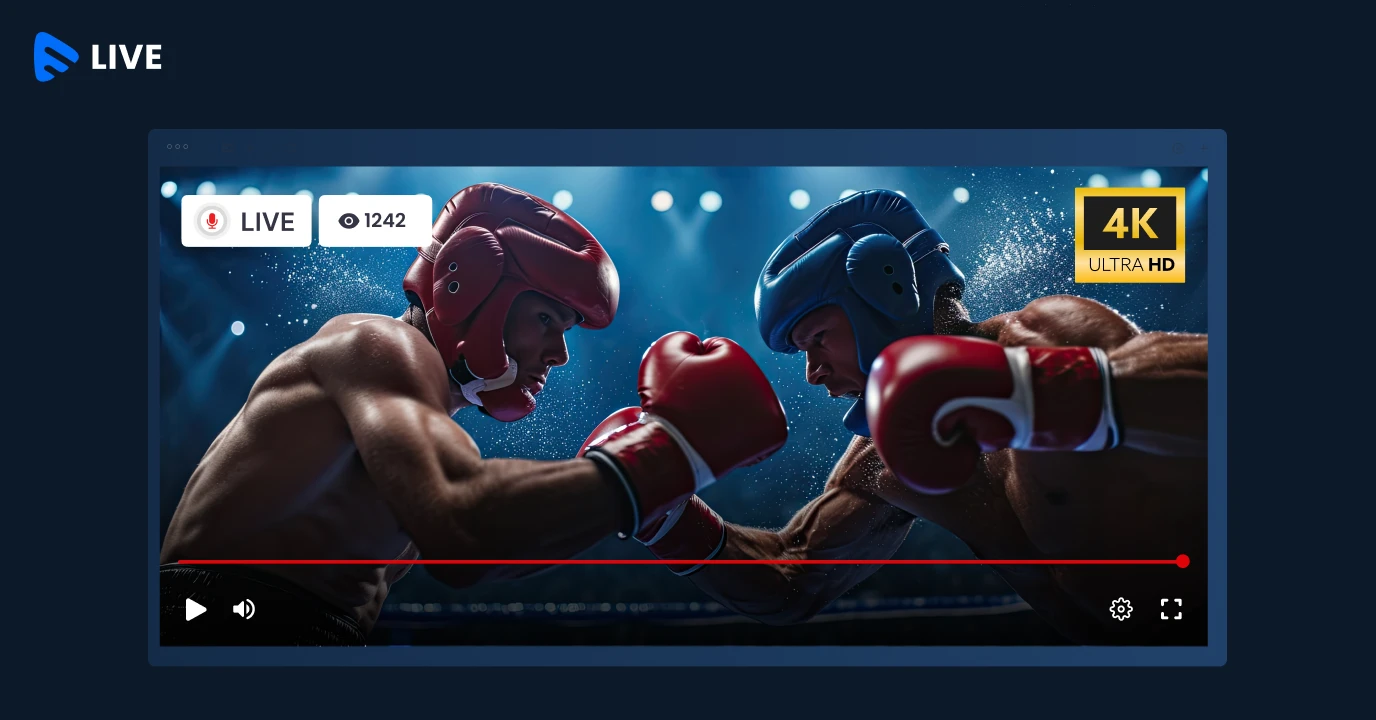
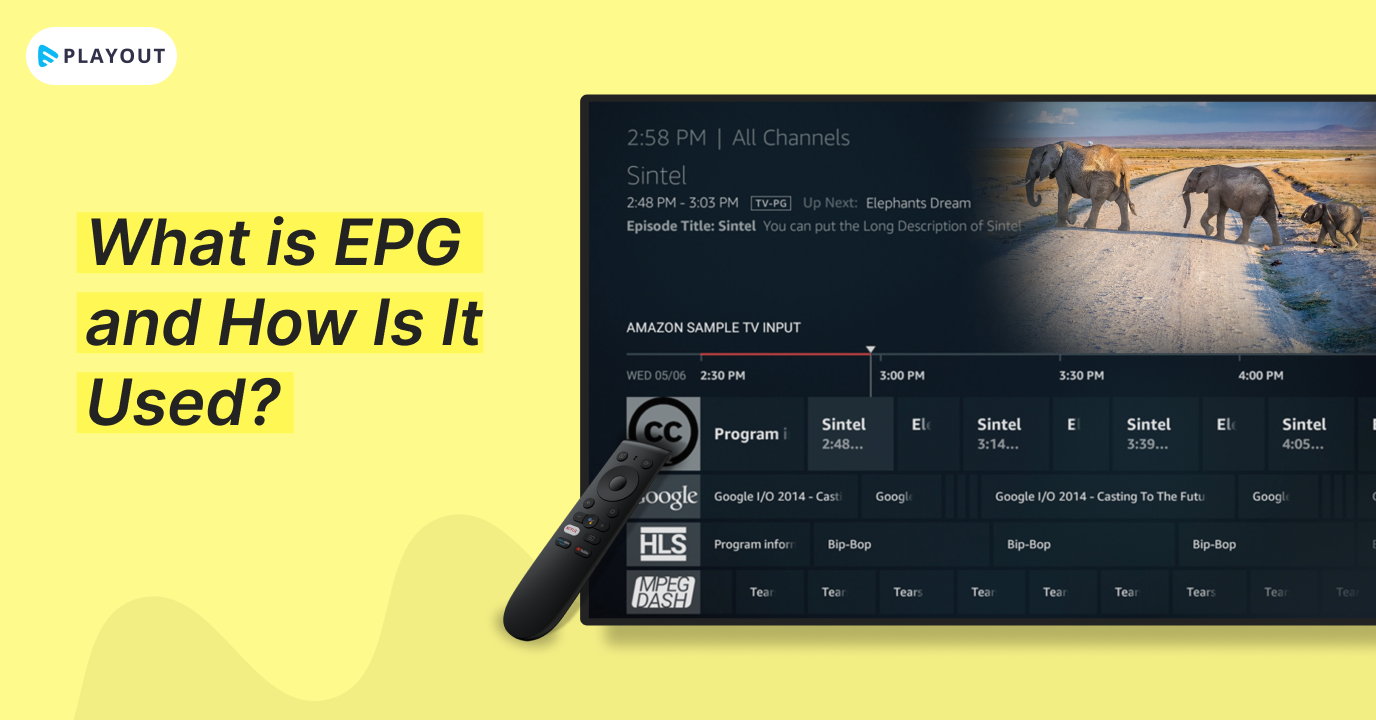
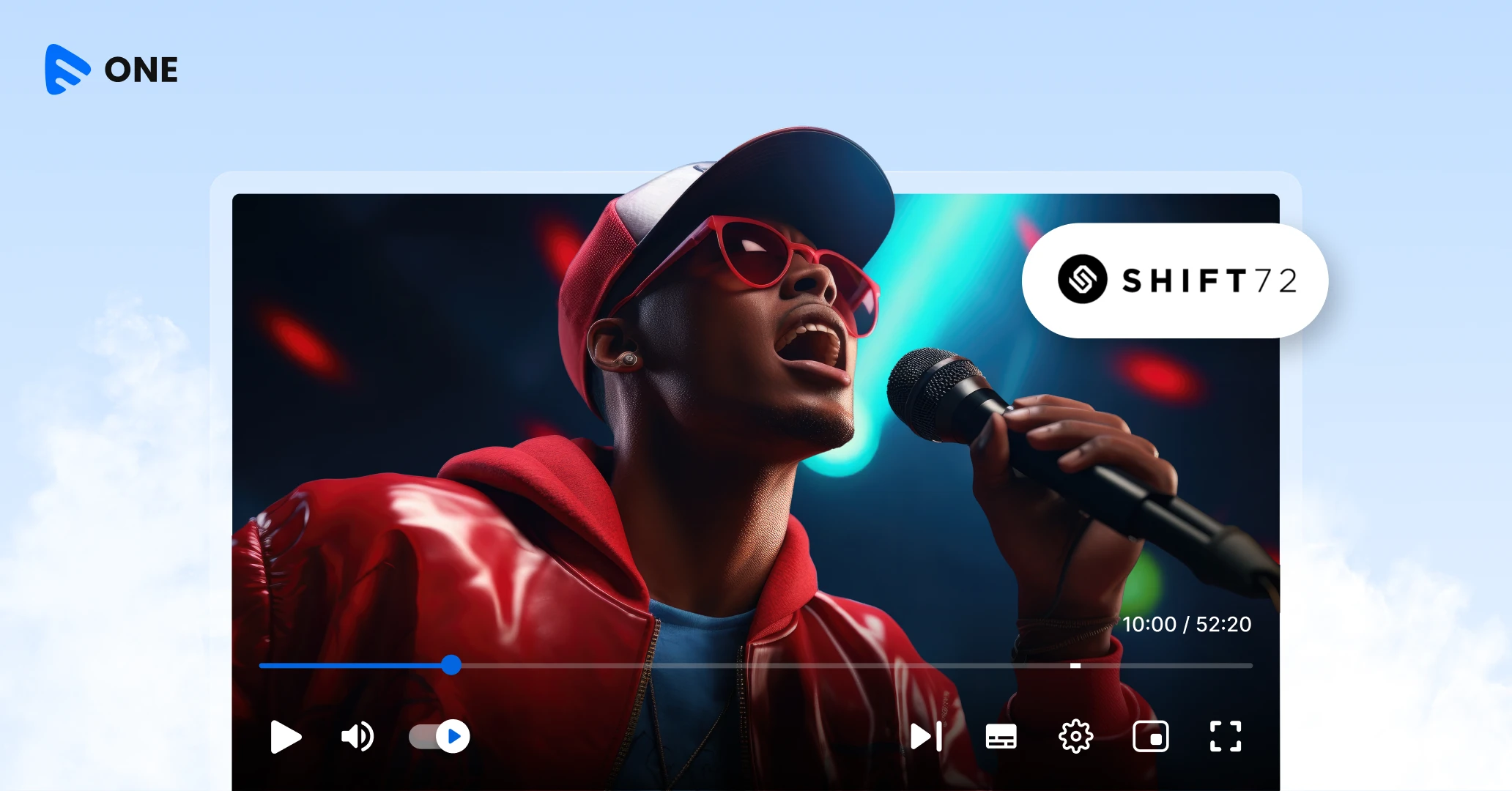

Add your comment